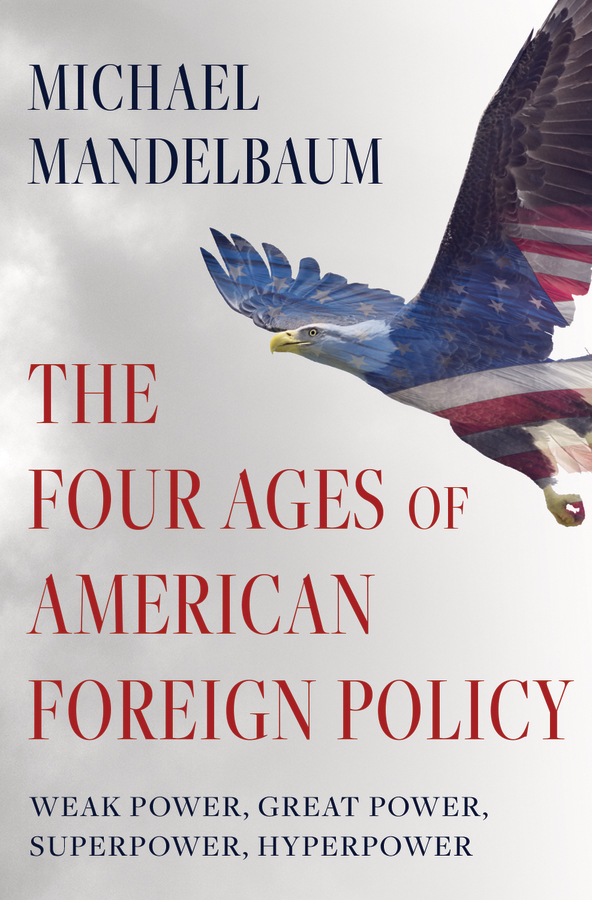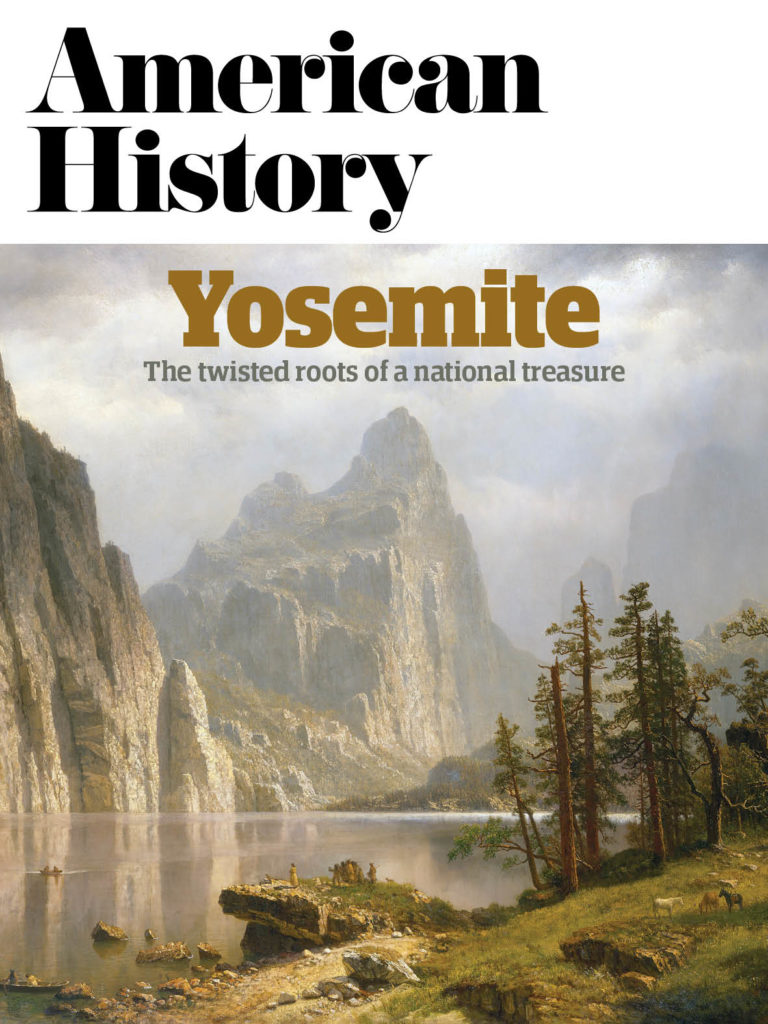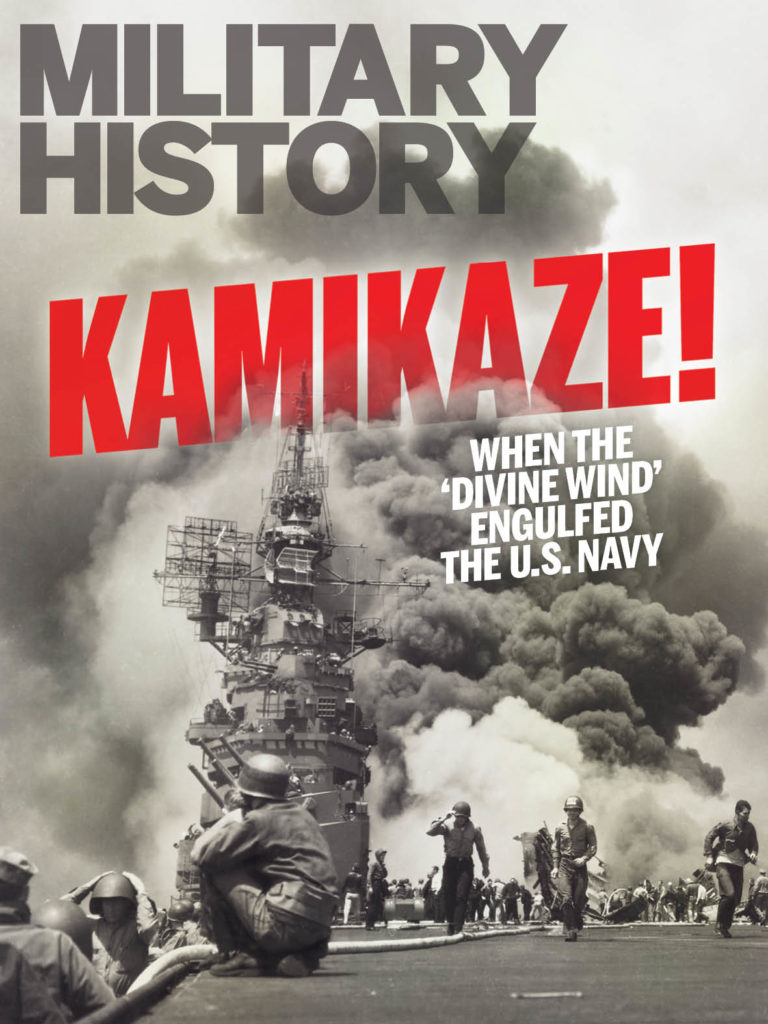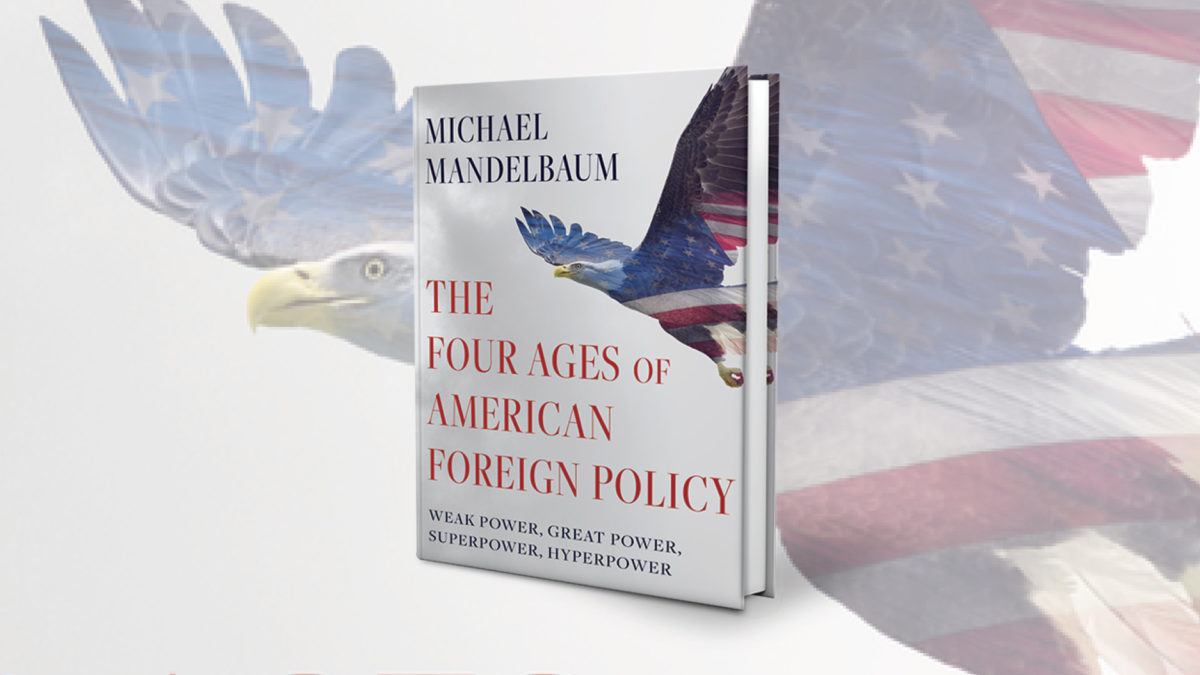In Four Ages, Michael Mandelbaum, Professor Emeritus of American Foreign Policy at Johns Hopkins, compellingly traces America’s ascent from rebel colonies to world power, concluding that we have peaked. American foreign policy, he stresses, has been unusually ideological, unusually economic, and unusually democratic. The nation tries, with spotty success, to spread its basic ideas: liberty, human rights, free elections. Even as a military power, the United States has emphasized trade, trade sanctions, and foreign investment. Public opinion remains a dominant influence, especially regarding war.
Before the Civil War a weakling, the country capitalized on the Atlantic Ocean and foes’ priorities—Britain always worried more about France than the U.S.—such that by 1860 America had more wealth than most European nations. Civil war ushered the nation into the clique of great powers. By 1900 the world’s biggest economy, America helped win the Great War more with money and manufacturing than manpower. When World War II began, President Franklin Delano Roosevelt did what he could to support the Allies but it took the Japanese attack on Pearl Harbor to banish the public’s isolationism. By war’s end, America was an atomic superpower whose economy dwarfed all others.
WWII birthed a competing superpower. Hindsight shows the Soviets’ shambling economy to have been a fraction the size of America’s, but the massive Red Army and Marxist cant that world revolution would bury capitalism conjured a facsimile of a true rival.
The Cold War produced a few hot wars and much anxiety over nuclear Armageddon but ended with the 1991 Soviet breakup and America alone as a hyperpower.
America’s 1990s were deeply satisfying, but its 21st century has been a wreck. Terrorism, by nature a police matter, unhinged leaders who expanded our military and plunged into wars and quasi-wars worldwide.
Mandelbaum closes his narration in 2015, but his case still holds. The chaos after the 2016 election and China’s relentless rise ended America’s splendid isolation. We may have the world’s largest military—but we need it because our forces are spread globally.
America the Hyperpower has become history. With four times the U.S. population and an economy vastly outmuscling the USSR’s, China seems reasonable in thinking to assume world leadership within a decade or two. —Mike Oppenheim writes in Lexington, Kentucky.
This book review appeared in the Winter 2023 issue of American History magazine.

The Four Ages of American Foreign Policy: Weak Power, Great Power, Superpower, Hyperpower
By Michael Mandelbaum
Oxford, 2022
historynet magazines
Our 9 best-selling history titles feature in-depth storytelling and iconic imagery to engage and inform on the people, the wars, and the events that shaped America and the world.














